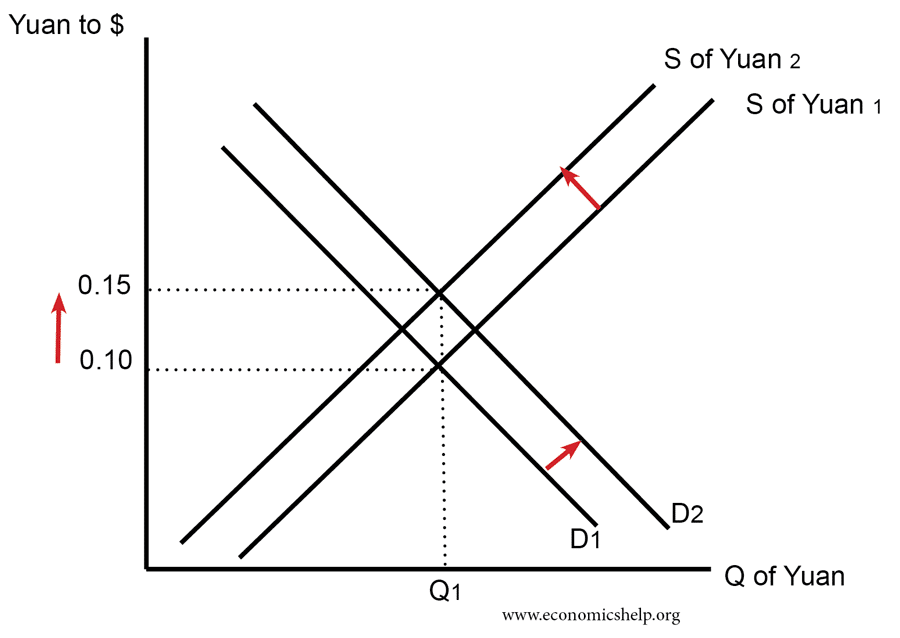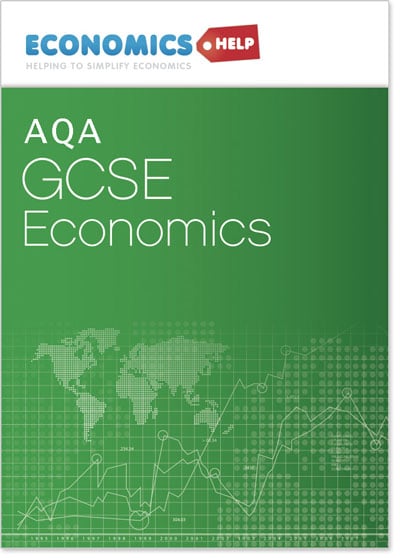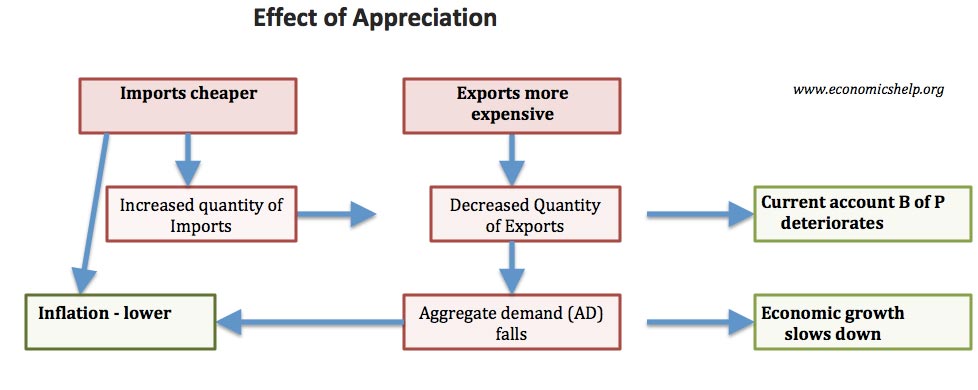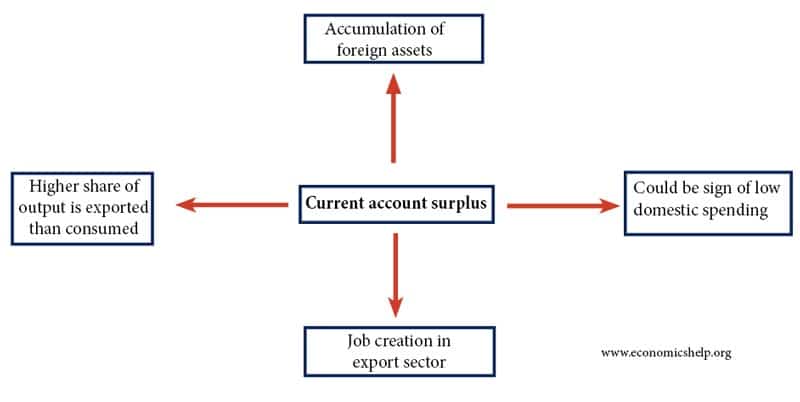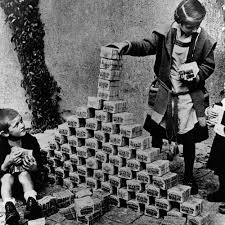How to increase the value of a currency
Summary. A look at policies a country can consider to increase the value of a currency. Readers Question: I was wondering, what are some of the policies and possibilities a country can use to increase the value of their currency? Specifically, countries who would be trying to “overthrow” the US dollar like China, India, Brazil, …

